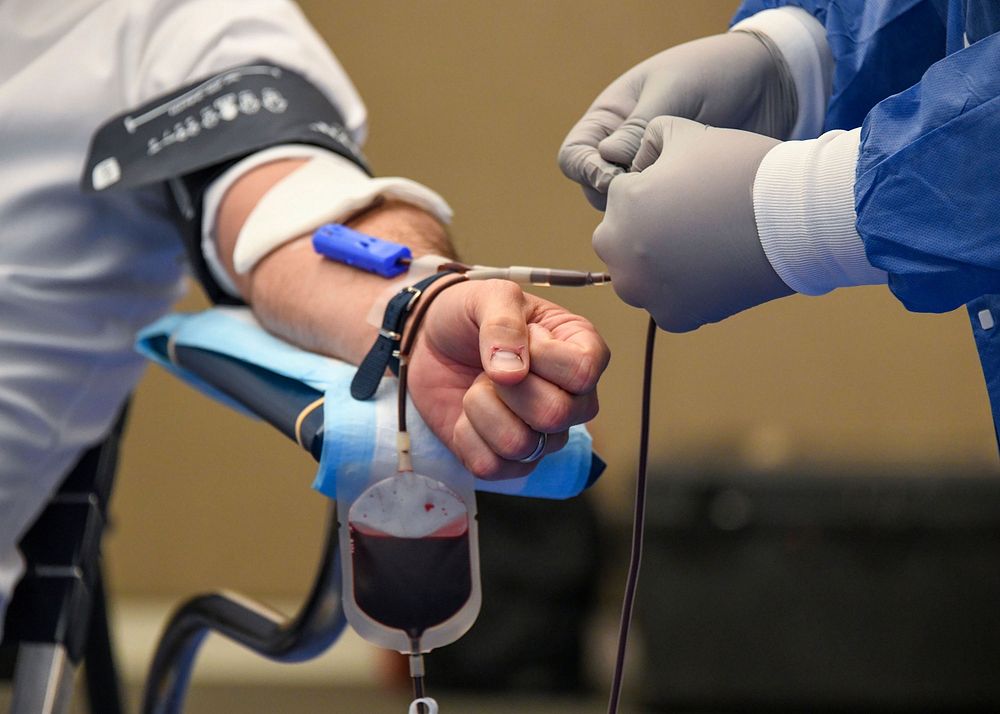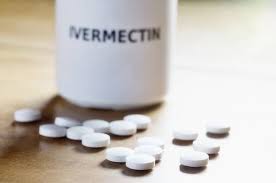
Plasma donation is a lesser-known but equally vital form of giving that can make a profound difference in the lives of countless individuals. While blood donation is more commonly recognized, plasma donation plays a crucial role in treating various chronic and life-threatening conditions. In this blog post, we’ll explore the significance of plasma donation and why your contribution is so valuable.
What is Plasma?
Approximately 55% of blood’s total volume is made up of liquid or plasma. It contains essential proteins, antibodies, and other vital substances that help maintain the body’s health. Plasma serves several critical functions:
- Clotting blood to prevent excessive bleeding
- Fighting infections and diseases
- Transporting nutrients, hormones, and enzymes throughout the body
The Importance of Plasma Donation
Life-saving drugs and therapies for a variety of illnesses are made possible by donated plasma, including:
- Immune system disorders
- Hemophilia and other bleeding disorders
- Burn victims and trauma patients
- Rare neurological diseases
These treatments are derived from the proteins and antibodies found in donated plasma, which cannot be synthetically produced in a laboratory. This means that the only way to obtain these vital components is through the generosity of plasma donors.
The Growing Need for Plasma Donors
As medical advancements continue to develop new plasma-based therapies, the demand for donated plasma is higher than ever. The Plasma Protein Therapeutics Association predicts that there will be a 6–10% yearly growth in the need for donated plasma. This growing demand underscores the importance of individuals stepping up to become plasma donors.
The Plasma Donation Process
Donating plasma is a safe and relatively simple process that typically takes about an hour to an hour and a half. Here’s what you can expect:
A. Screening and Medical History Check
- You’ll answer questions about your health and medical history to ensure eligibility
B. Physical Examination
- A healthcare provider will monitor your vital signs and evaluate your general health.
C. Plasmapheresis
- After your blood is extracted, specialized equipment is used to separate the plasma.
- The remaining blood components are returned to your body along with a sterile saline solution
D. Post-Donation Care
- You’ll be given refreshments and time to rest before leaving the donation center.
Who Can Donate Plasma?
To be eligible to donate plasma, you must:
- Be at least 18 years old (19 in some states)
- Weigh at least 110 pounds
- Pass a medical screening and be in good overall health
- Have a valid form of identification
If you meet these requirements, you can make a significant impact on the lives of others by donating plasma regularly. Many donation centers, such as those that donate plasma Orem Utah, have experienced staff ready to guide you through the process and ensure your comfort and safety.
The Benefits of Donating Plasma
Beyond the immense satisfaction of knowing you’re helping save lives, there are several other benefits to donating plasma:
- You can donate more frequently than blood (up to twice a week)
- Plasma donation is a safe and regulated process
- Many donation centers offer compensation for your time and effort
- Regular donations can help you maintain your own health through frequent screenings
Conclusion
Plasma donation is a powerful way to make a tangible difference in the lives of others. By dedicating just a few hours of your time, you can contribute to the production of life-saving treatments and give hope to those battling serious medical conditions. If you’re eligible, consider becoming a plasma donor today and join the ranks of everyday heroes making a positive impact on the world.













